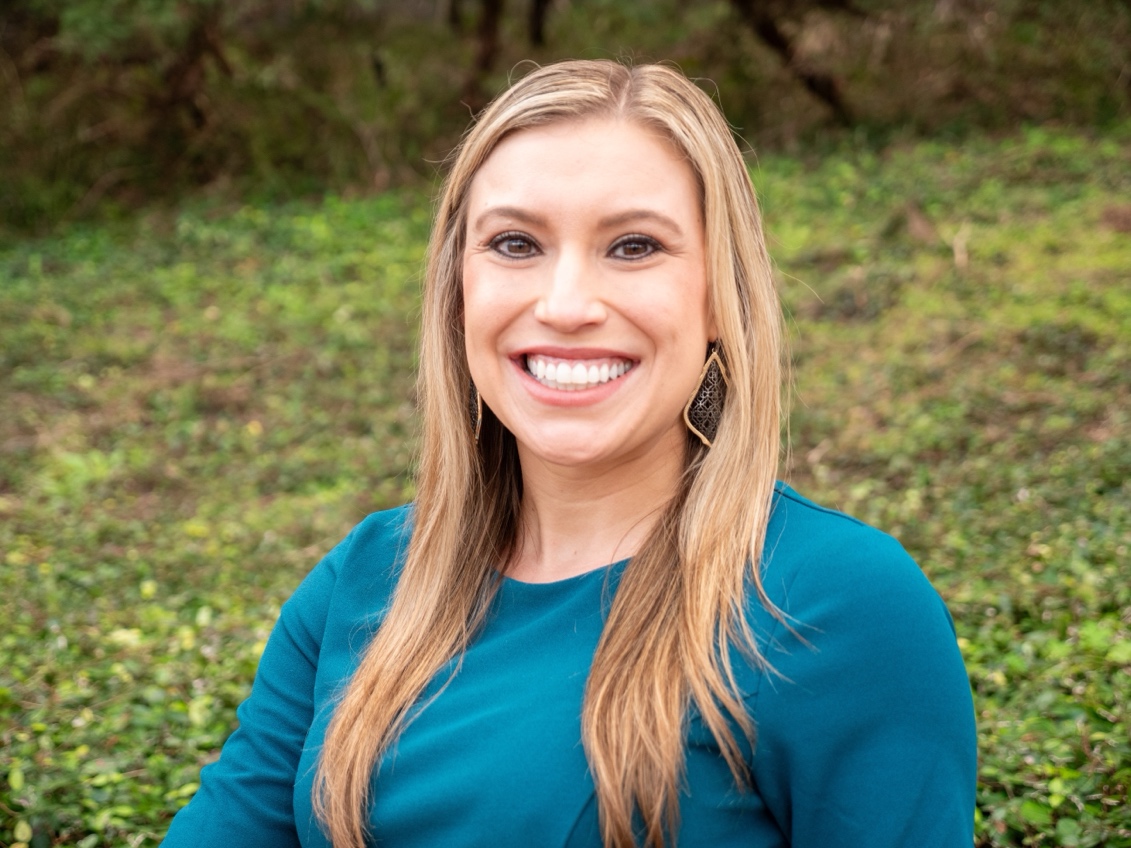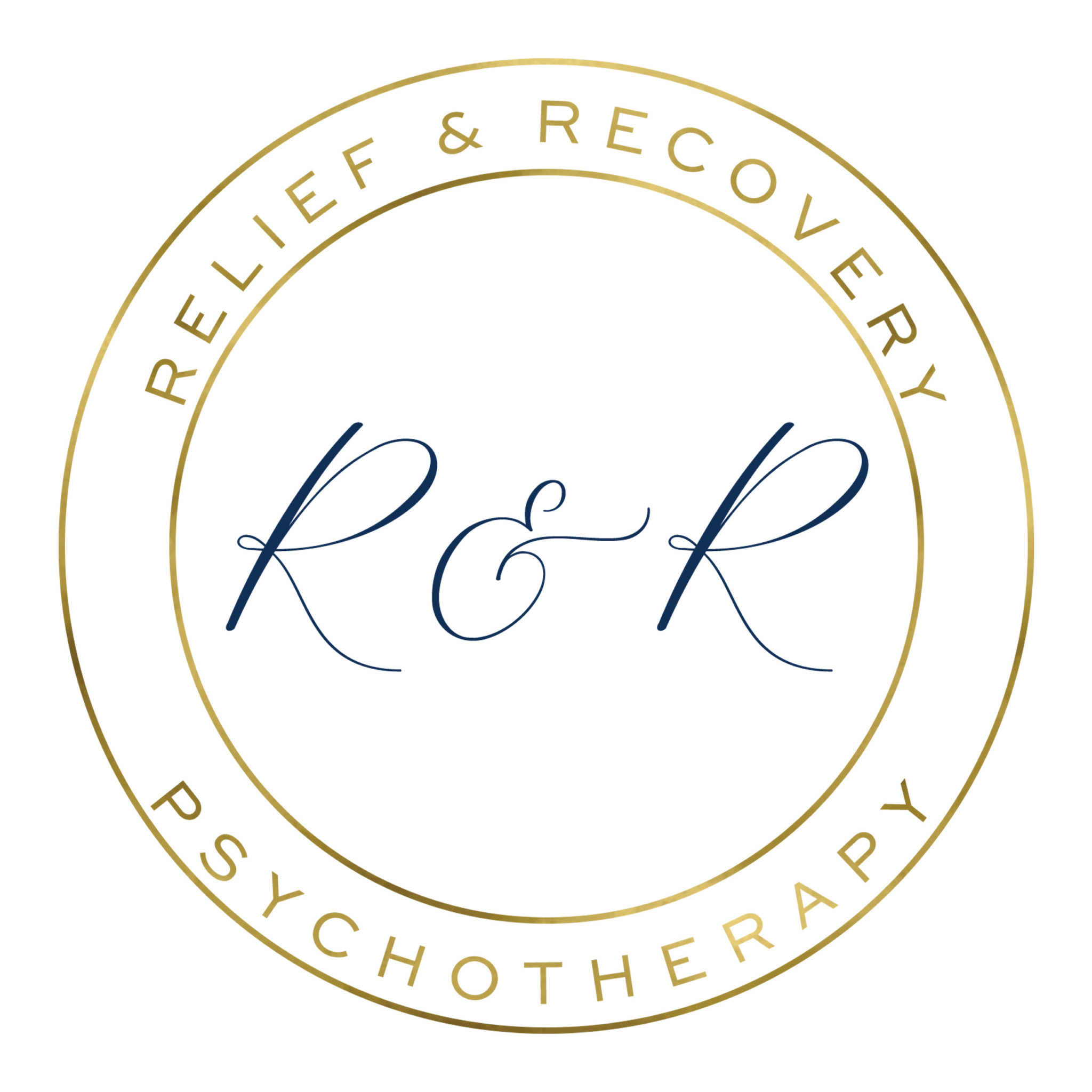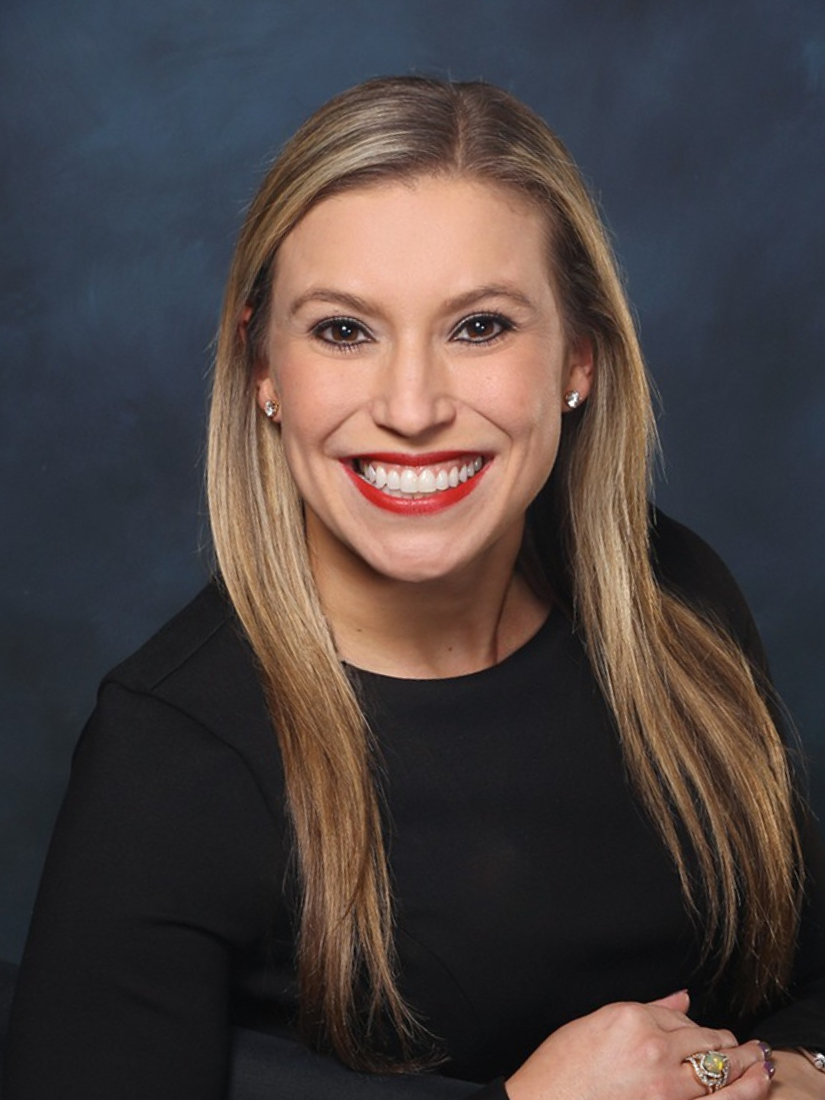We recently connected with Alexa Shank and have shared our conversation below.
Alright, Alexa thanks for taking the time to share your stories and insights with us today. Looking back on your career, have you ever worked with a great leader or boss? We’d love to hear about the experience and what you think made them such a great leader.
She wasn’t a boss, but she was in a more senior therapist role than I was; we’ll call her Mo. When I first started working at an eating disorder treatment center, I was fresh out of graduate school and the learning curve was very steep. I had just received my provisional counseling license and was working with high-acuity clients with all types of eating disorders. Every day brought new challenges including things like crises at mealtimes, complex relationship and group dynamics or difficult conversations with parents. There were also a lot of administrative tasks like creating group curriculum, keeping up with documentation, and insurance appeals. None of which was covered in graduate school, and there was very little formal training at the company itself. Staff were expected to figure it out as we went.
There were so many moments in the beginning I remember thinking, I have no idea what I’m doing. And that’s where Mo came in. Even though she was not my boss or my clinical supervisor she really took me under her wing. She was the person I went to with all my questions like “how do I do this?” and “what if I said the wrong thing in a session?” But Mo was always patient with me and never made me feel dumb or incapable. She helped teach me so much, not just about protocols but about what it really means to be a great eating disorder therapist. In our work, the therapy room is just one piece of the recovery puzzle. We have to learn how to support patients during meals, navigate difficult exposures and work with clients who often don’t want to get better. Mo was an incredible example of empathy and true connection with her clients that I used as inspiration for my own client relationships.
She would not only teach me but she would provide me reassurance that “You’ll figure it out.” Not in a dismissive way, but in a way that made me believe her. She believed in me even in the times I didn’t believe in myself.
Mo taught me more than clinical skills. She taught me about leadership and that it isn’t about titles or authority, but being a willing resource and mentor for others. I wouldn’t be the therapist I am today without her.

Alexa, love having you share your insights with us. Before we ask you more questions, maybe you can take a moment to introduce yourself to our readers who might have missed our earlier conversations?
As a Certified Eating Disorder Specialist (CEDS) and Owner of Relief & Recovery Psychotherapy, I provide counseling for adults and teens ages 11 and up who are struggling with eating disorders, body image issues, and co-occurring mental health concerns.
One of the things I’m most proud of is having earned my CEDS credential. Becoming a Certified Eating Disorder Specialist takes significant training, supervision, and clinical expertise. I pursued this certification because I wanted to make sure my clients were receiving care from someone with true specialization, not just general mental health training. Because of the complex nature of eating disorders, clients need a therapist who has a thorough understanding of how to treat them effectively. My CEDS credential represents that level of knowledge and dedication that I bring to my clients.
In addition to this advanced training, I bring a unique perspective to my work with athletes and dancers. Because of my own background as a professional dancer prior to my career in counseling, I have firsthand understanding of the perfectionism, performance pressures and body image expectations that can so easily lead to problems with disordered eating. This lived experience, combined with my specialized clinical training allows me to connect with my clients in an especially personal way. I truly understand the language, culture and unspoken pressures that athletes face. This allows me to help my clients not only heal their relationships with food and their body but also discover their identity outside of their sport and pursue the values that matter most to them.
For me, the CEDS credential isn’t just a set of letters, it reflects my dedication to pursuing the highest level of training in eating disorders so that my clients can feel confident they’re working with someone who really understands this work and what recovery requires.
Any stories or insights that might help us understand how you’ve built such a strong reputation?
I feel that a combination of things helped me to build my reputation as an effective and trustworthy therapist in the eating disorder providers community. I am committed to collaboration of care for all of my clients and so I work very closely with other providers in the community including dietitians, physicians, and psychiatrists. I make it a priority to stay in contact with my clients’ full treatment team in order to ensure the best care possible.
Additionally, I think I have a naturally warm and empathetic personality that helps my clients feel comfortable and build rapport. When I meet with someone, they can usually sense right away that I truly want to understand their experience and what they’ve been through. I tailor sessions to each individual client but I consistently show up with authenticity and I think this helps foster genuine connection.

How about pivoting – can you share the story of a time you’ve had to pivot?
During the years that I worked at an eating disorder treatment center I took on several different roles and responsibilities. Just prior to COVID I applied for another promotion but I ended up losing out on the job to a colleague and close friend. While I was genuinely excited for my friend, I was really disappointed for myself. Losing out on the promotion felt like a huge setback in my career trajectory. It made me pause and question where my career was heading and what I wanted long-term.
Ultimately, I ended up deciding that I was ready for more autonomy and the ability to see the clients I was most passionate about working with. That realization led me to start my own practice, Relief & Recovery Psychotherapy.
Looking back, losing out on that promotion turned out to be a huge turning point in my career. It forced me to re-evaluate my goals for the future and take the leap into setting up my own private practice, which is something I may not have had the courage to do otherwise.
Contact Info:
- Website: https://www.reliefandrecoverypllc.com/
- Instagram: https://www.instagram.com/reliefandrecovery/
- Facebook: https://www.facebook.com/alexashank
- Linkedin: https://www.linkedin.com/in/alexashank/



